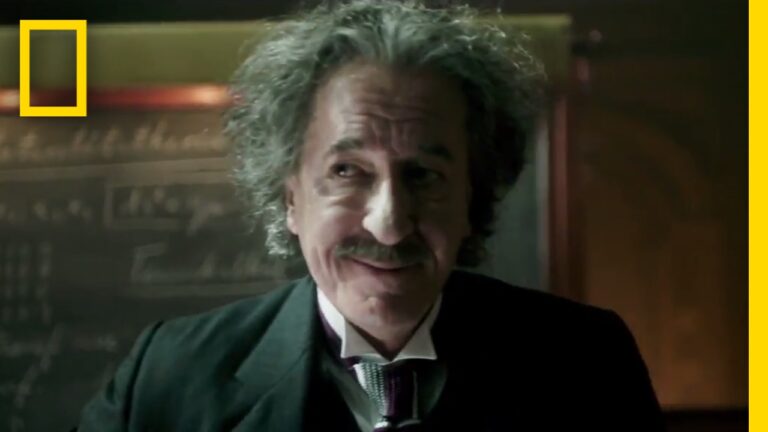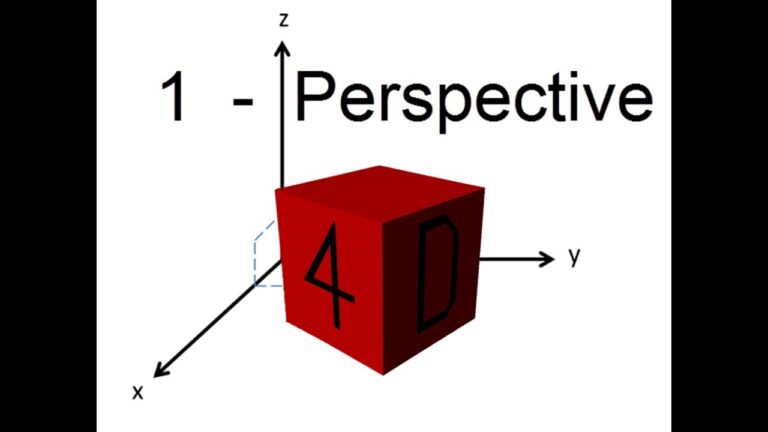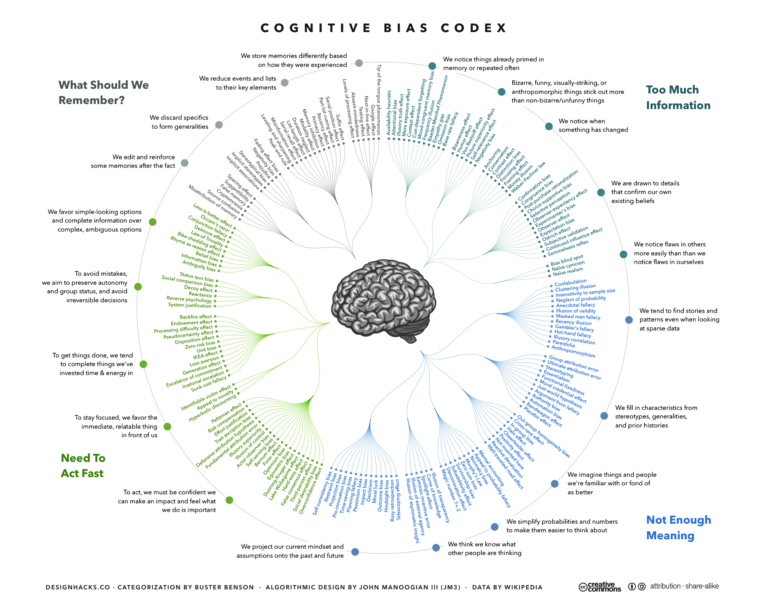-
-
-
What Is The Fourth Dimension?
The Fourth-Dimension is a mystery, and we can only begin to uncover it by first developing a unique perspective on what space actually is.
-
-
-
Writing Assignments
8: Basic Argument Creation & Analysis 9: Argument Creation & Analysis 10: Literary Analysis 11: Rhetoric & Critical Literacy; Literary Analysis 12: Advanced Argument formation and defense; Critical LIteracy
-
Cognitive Biases
A cognitive bias is an inherent thinking ‘blind spot’ that reduces thinking accuracy and results inaccurate–and often irrational–conclusions.
-
-
A Brave New World AP Journal Prompts
Short Response: 1-4 complete sentences Extended Response 1-4 complete paragraphs Essay: 5 or more paragraphs (also called a ‘paper’ and can be informative, research-based, persuasive, etc.) Chapter 1 Vocabulary: pallid, callow, abject, geniality, florid, zealous, salinity, viscosity, bouillon, prodigious, viviparous, vivacious, interminable, deft, optimum, predestination, sultry, caste, decant. Explain how Huxley uses imagery to establish…
-
Heick Literary Terms, Devices, & Ideas
Literary Terms and Devices Allegory A symbolic narrative in which the surface details imply a secondary meaning. Allegory often takes the form of a story in which the characters represent moral qualities. The most famous example in English is John Bunyan’s Pilgrim’s Progress, in which the name of the central character, Pilgrim, epitomizes the book’s…






